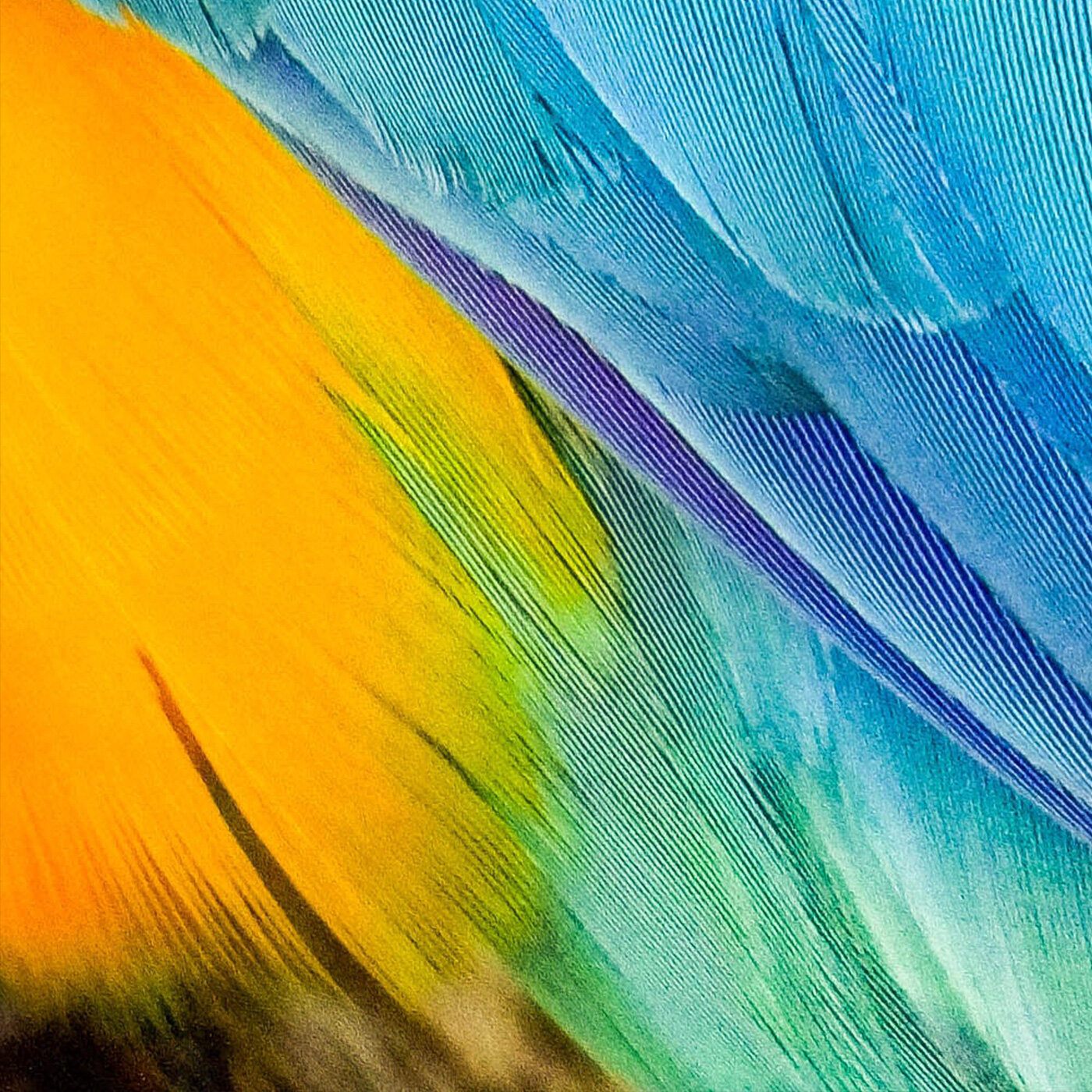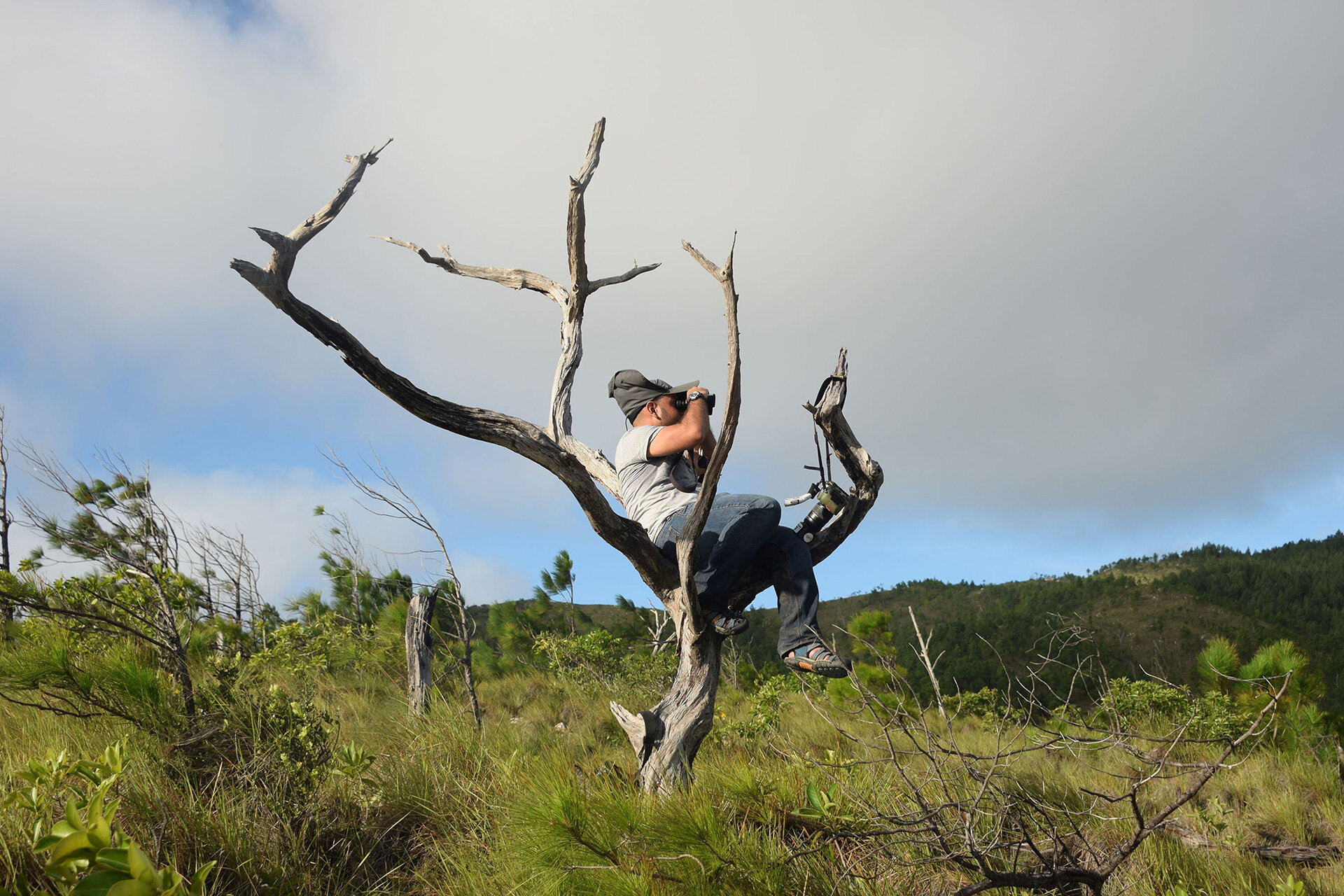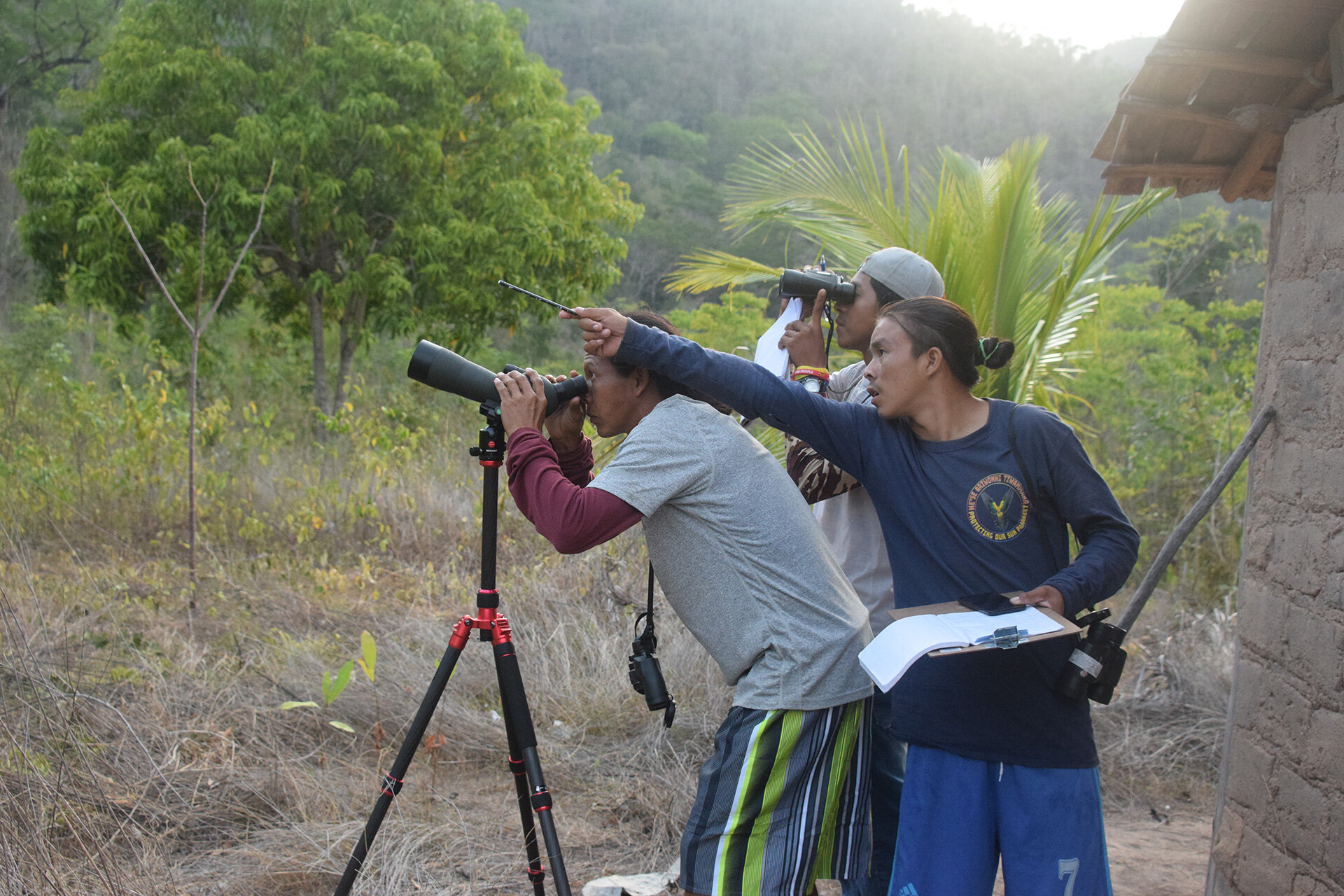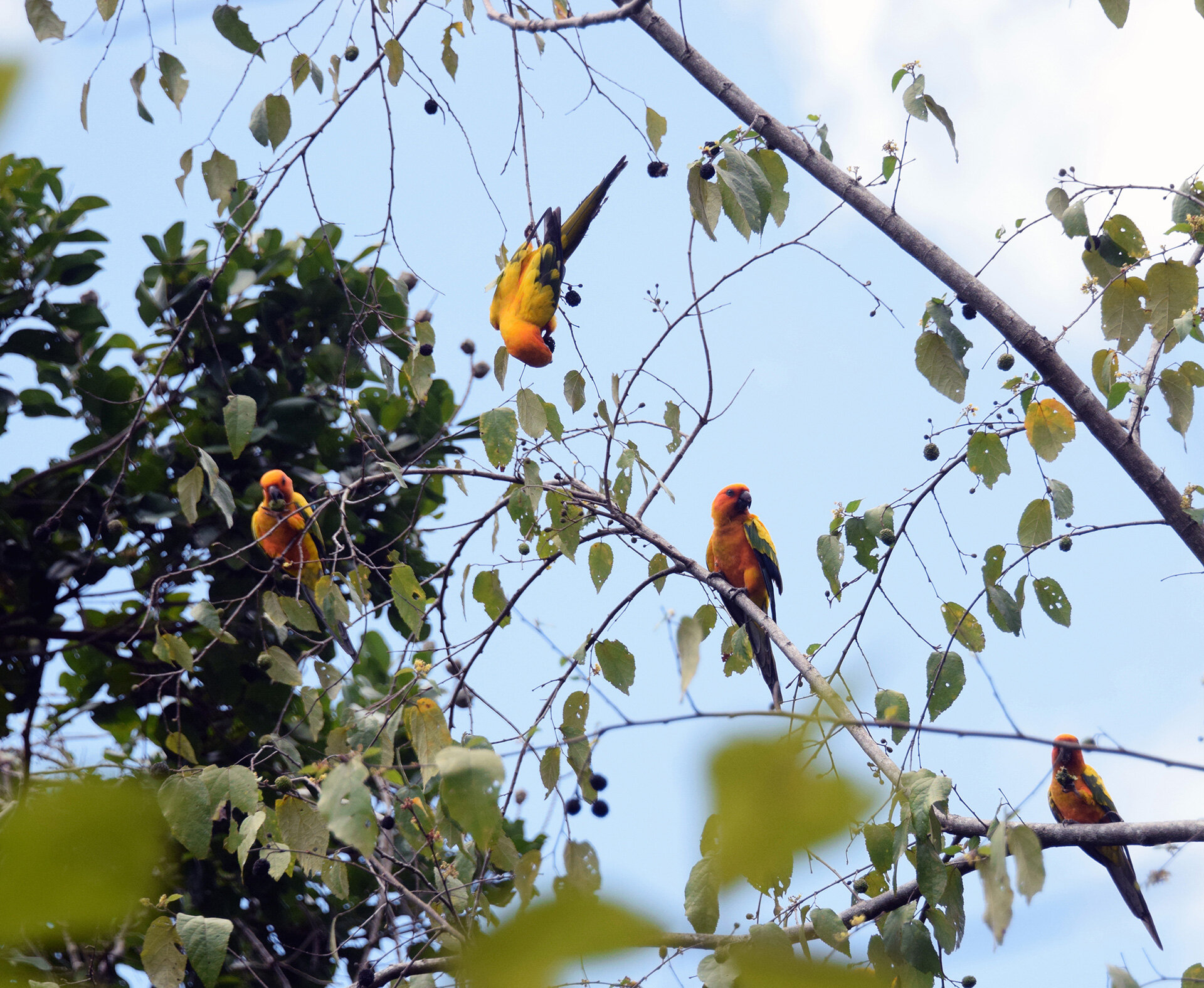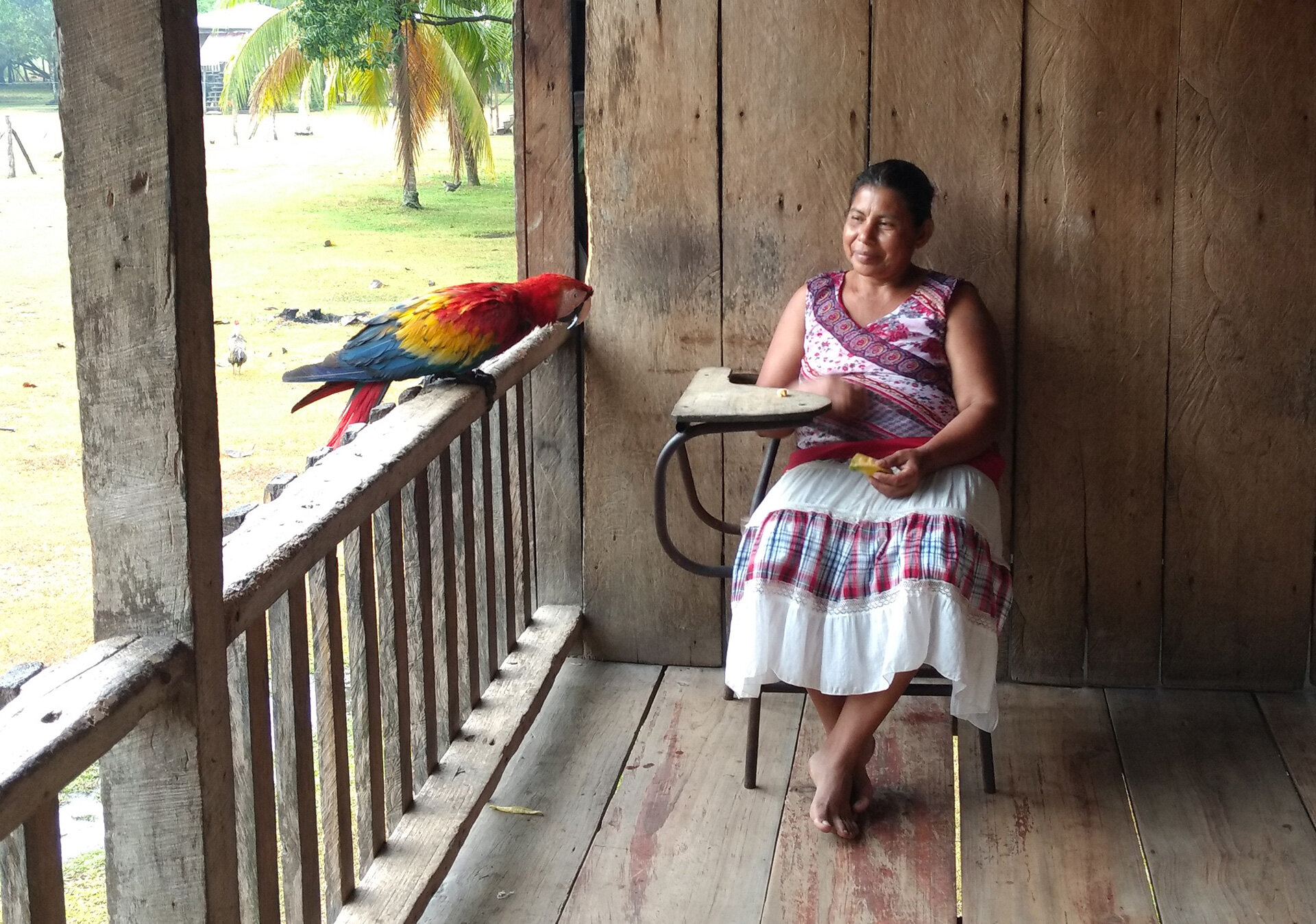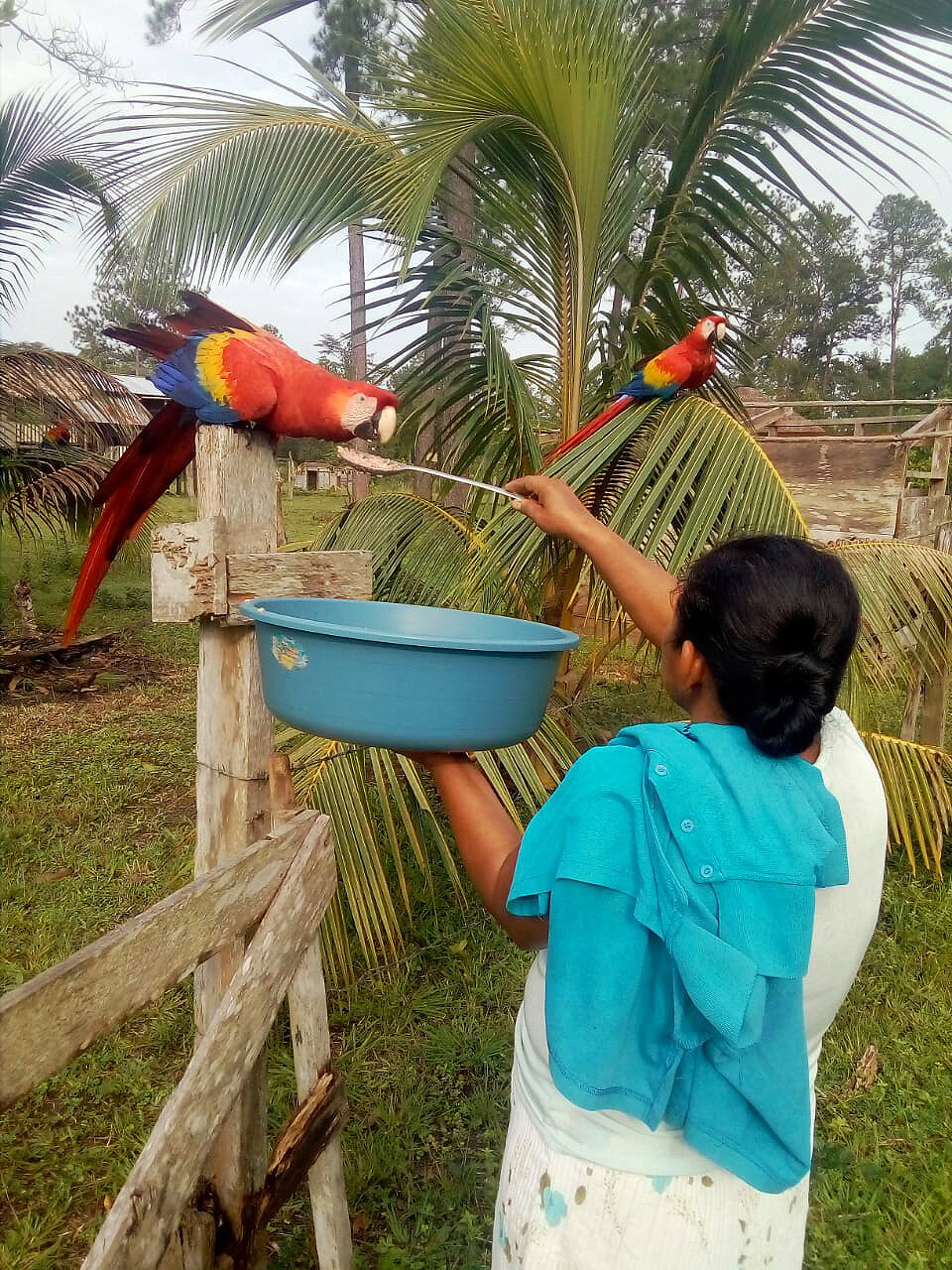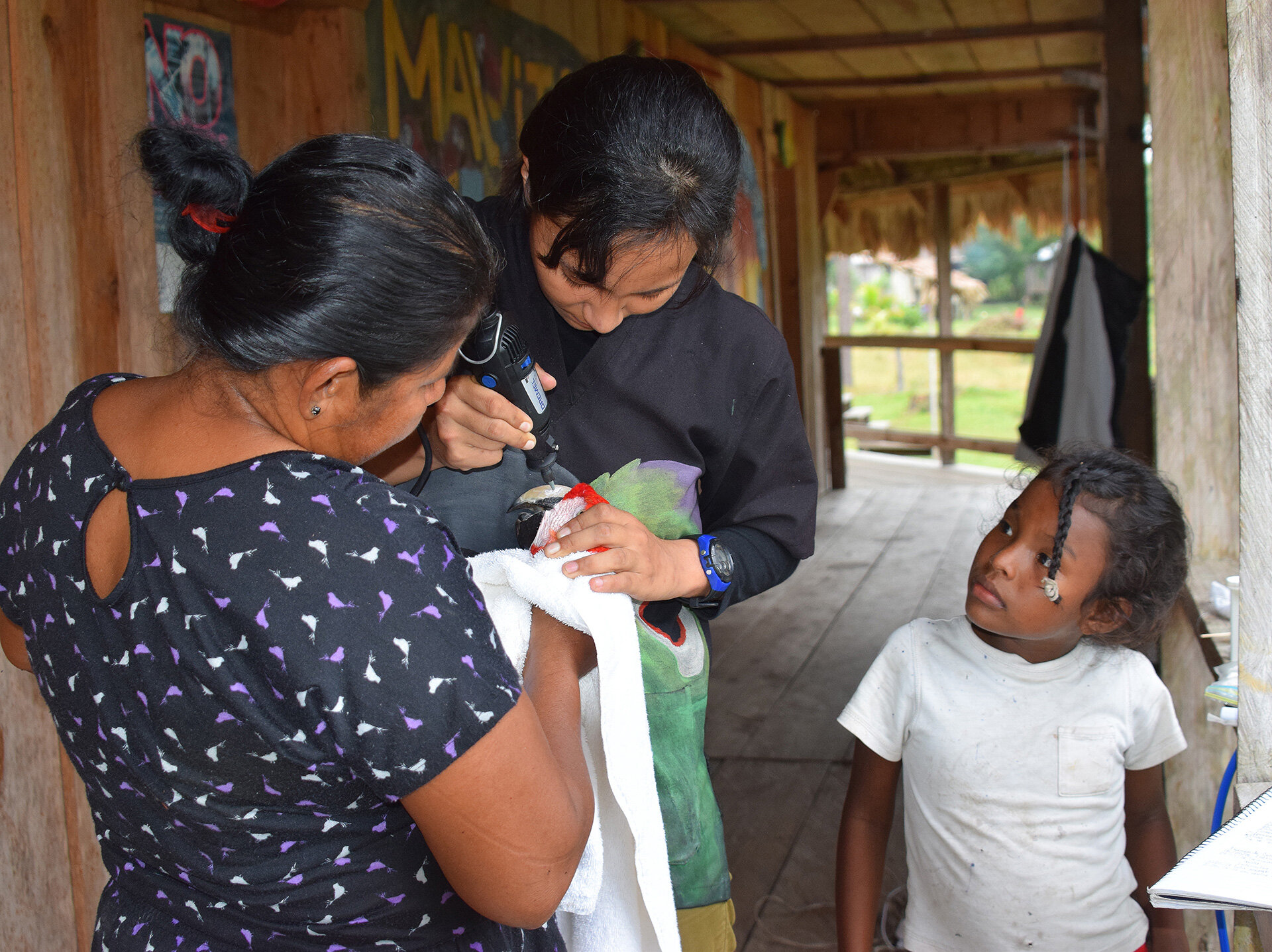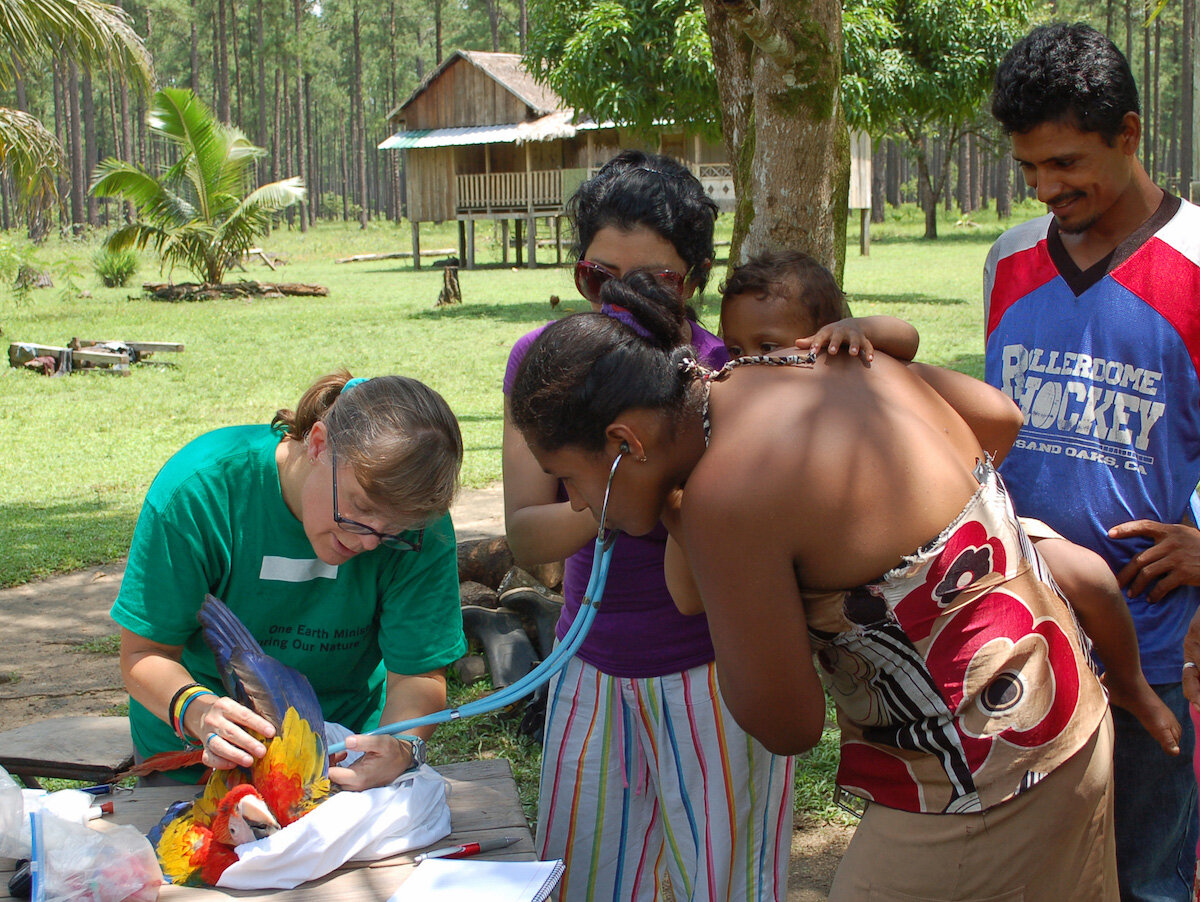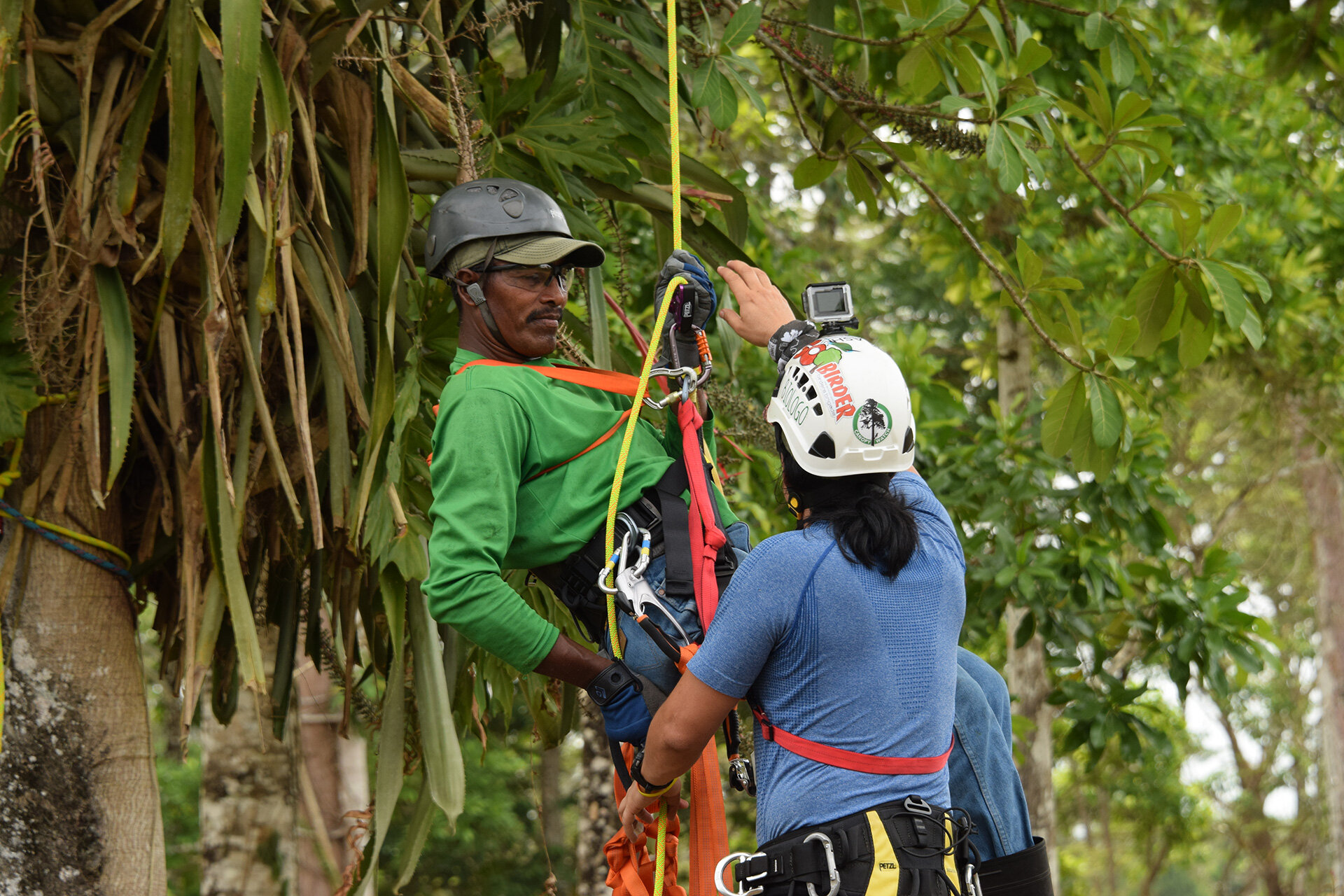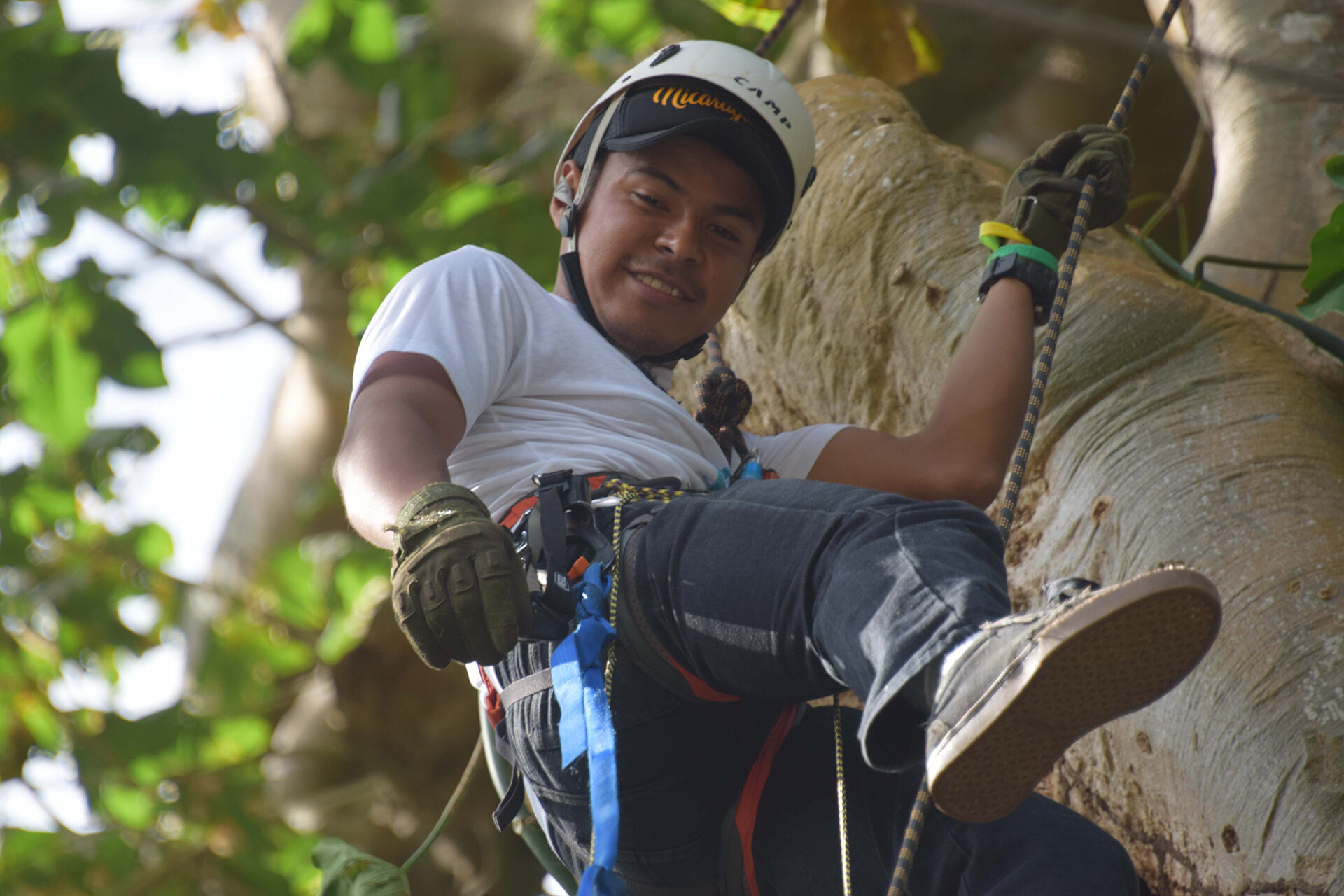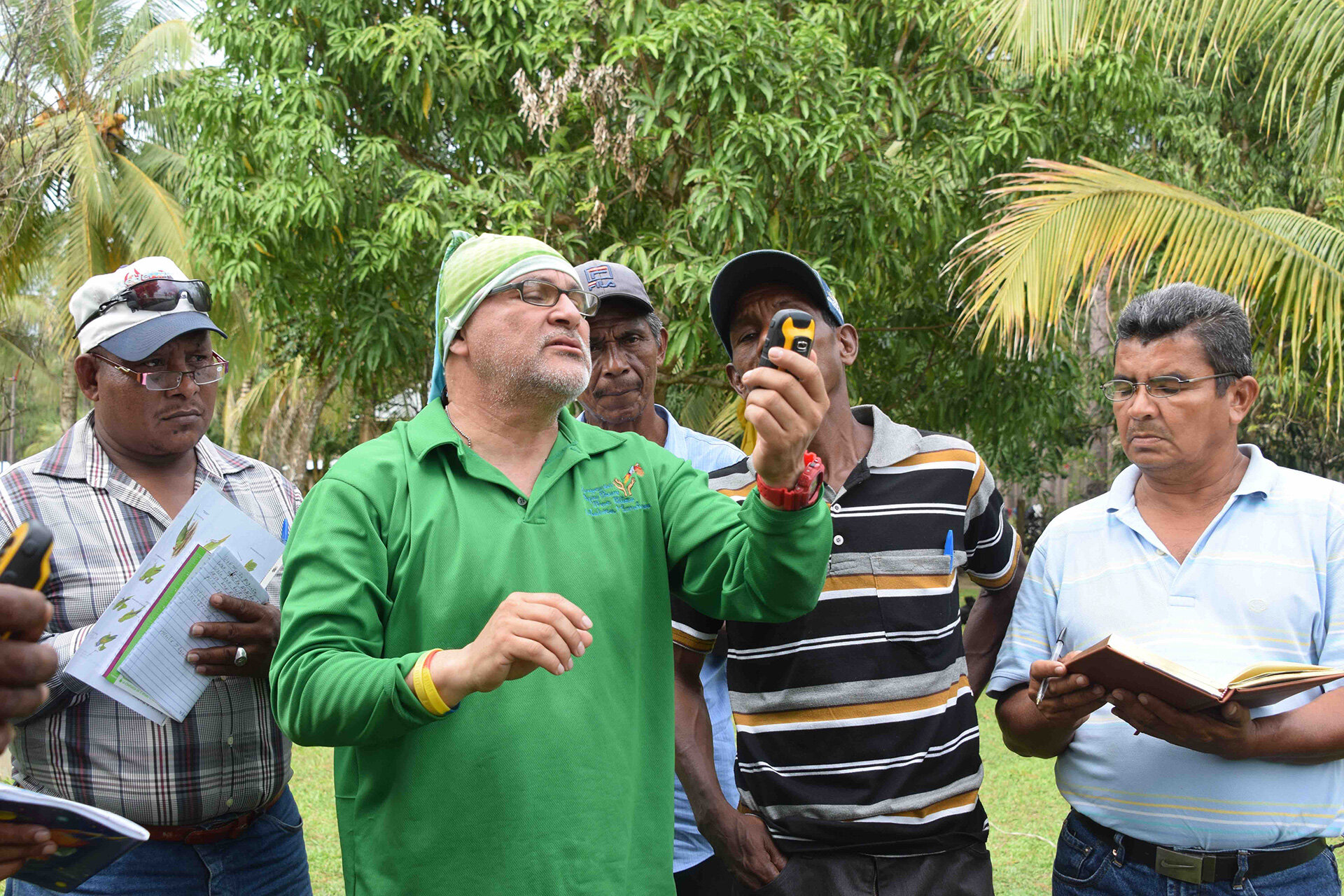Poacher or Protector?
“I am risking everything — because everything is at risk. If the parrots don’t make it, neither do the people.”
Deep in the jungles of Latin America, front-line wildlife conservation is often met with violent opposition from the extraction economy. Here, hundreds of thousands of parrots are illegally taken by poachers every year. LoraKim Joyner, a wildlife veterinarian, avian conservationist, and Unitarian Universalist minister stands in solidarity and resistance with the people. In a highly adaptive form of culture design, she combines science and spirituality to transform marginalized communities—building their capacity to transform poachers into protectors.
Listen to this episode on Apple Podcasts, Spotify, Google Podcasts, or on your favorite platform.
“Slow down and be aware of who we really are. We are the earth. ”
Key Insights & Takeaways
We discuss three different types of transformation:
Local communities transform from poachers into protectors
Conservationists transform their approach (from a colonial mindset to one of being in solidarity with the local communities)
Larger society transforms from being oblivious to the part we play in this story to becoming aware and engaged.
It is impossible to focus on conserving an animal species without considering the local communities. The two are intertwined.
Transformative conservation consists of showing up and being in solidarity with local communities. It starts with considering their needs and feelings, and then inspiring and empowering them with the agency to choose what they would like to do.
Non-violent communication helps one develop their empathy muscles, and prevents judgemental approaches to communication and collaboration.
There is an interesting parallel between LoraKim’s approach and the Human-Centered Design (or Design Thinking) approach within the Design field. This is especially apparent in her approach to understanding and empathizing with local communities up front, and allowing solutions to emerge from that discovery.
LoraKim’s experiential approach to learning helps local communities experience a transformation. As they have the hands-on experience of counting and treating parrots, they become more and more inspired and invested in the work.
About our guest
Rev. Dr. LoraKim Joyner is a Unitarian Universalist minister, having served in parish ministry for 10 years in North Carolina, Minnesota, Texas, and Florida. Currently she serves as a community minister in Multispecies Ministry and Compassionate Communication, affiliated with the Community Unitarian Universalist Congregation at White Plains, NY. She draws on her training as a Certified Trainer in Nonviolent Communication and over 35 years as a conservationist and wildlife veterinarian to lead One Earth Conservation. With her team, they support others through their international Nurture Nature Program that seeks to empower the people saving the planet. She travels to areas in Latin America to stand in solidarity and witness to the plight of the parrots of people there, and do what she can. One Earth's projects extend to Guatemala, Belize, Honduras, Nicaragua, Paraguay, and Guyana.
Connect with LoraKim Joyner:
Website | YouTube | LinkedIn | Twitter
One Earth Conservation is a 501(c)(3) not-for-profit organization that seeks to heal human systems that diminish individual worth and separates humans artificially from the rest of nature in many ways. We affirm that people must be healthy and develop multiple intelligences so all of life, individuals, and human and biotic systems on Earth can flourish. The mission of One Earth Conservation is to engage people, communities and organizations in a unique manner that inspires them to contribute to their own well-being and the well-being of life on Earth. We achieve this by encouraging them to support and/or conduct parrot conservation in the America and to nurture themselves in nature. We combine work directed outward toward other beings and outward towards nature with work directed inward toward one's own human nature, as outer well-being and inner well-being are inseparable and mutually beneficial.

